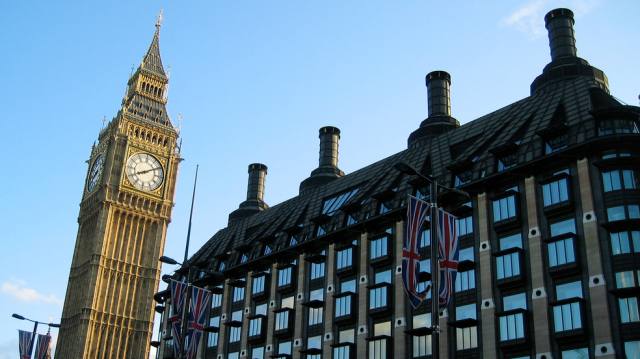Readers may remember that earlier in the year the House of Commons Culture, Media and Sport Select Committee held an Inquiry into widespread library closures across the country.
Following the council’s decision to close five of the eleven Isle of Wight libraries, Island campaigners provided written evidence to the Committee, whilst Leader of the Isle of Wight council, David Pugh, was called to give oral evidence.
Today’s report details the considerations made by the members of the Select Committee and their observations.
Councils must provide support
The importance of councils supporting those libraries that have been transferred to the community was clearly highlighted in the report, “Councils which have transferred the running of libraries to community volunteers must above all, however, continue to give them the necessary support, otherwise they may wither on the vine and therefore be viewed as closures by stealth.”
Later in the report (see below) the burden of costs on local communities is raised and acknowledged.
Wholesale transfer won’t meet statutory obligations
It’s not clear whether the Isle of Wight’s situation with five out of 11 libraries being transferred to the community would constitute a ‘wholesale’ transfer and we won’t find out until the Minister’s report on the cumulative effect of the cuts is released in late 2014.
However, this statement in the summary could be of importance, “In the Minister’s view, the wholesale transfer of library branches to volunteer groups is unlikely to meet the statutory criterion of providing a ‘comprehensive and efficient’ library service; but volunteer-run libraries can be valuable additions to the service;”
Where does five out of eleven libraries going to community groups put the Isle of Wight council? Does it fall within ‘unlikely to meet the statutory criterion of providing a ‘comprehensive and efficient’ library service’ condition?
Loss of professional staff
It’s clear from the evidence that library campaigners and the council disagreed on the importance of having professional staff in place at libraries.
We understand that at the time of the reorganisation, there were only two ‘professional librarians’ on the Island. However, those who use the libraries, will know the other staff, who have worked for many years in the sector, are able to provide a thorough and professional service. Cllr Pugh felt that “however experienced they were, be adequately replaced by volunteers”.
The local authority representatives who gave evidence to us were keen to emphasise that job losses were directed away from professional librarians and/or front-line staff.
Councillor David Pugh denied that any of those who had lost their jobs when the Isle of Wight divested itself of five libraries were ‘professional staff’: he drew the distinction between professionally qualified librarians and other staff who could, he felt, however experienced they were, be adequately replaced by volunteers.
Local campaigners, however—who had forced the Isle of Wight to backtrack on an even more radical programme of closures—strongly disagreed, given that professional, front-line staff were indeed being lost.
The impact of not being part of the statutory service
Later in the report, the subject of volunteers and cost to the community of utilities and running the buildings was highlighted.
The Isle of Wight Council has been the subject of particular criticism for its decision to reduce the number of public libraries on the island from eleven to six. The other five have been handed over to local volunteers and Councillor David Pugh, Leader of the Isle of Wight Council, made it clear that those five libraries were no longer part of the statutory service. We examined exactly what this meant in practice for the volunteers.
We were told that none of the community libraries was accountable to the local authority; each library had responsibility for recruiting its own voluntary staff and, though the council asked volunteers to agree to comply with certain basic legal requirements, such as data protection, it was for each community to develop its library service as it saw fit. There were no common service standards.
The buildings had been made available on a peppercorn rent, but other costs—in particular utility costs—were the responsibility of the relevant library, albeit that some transitional funding from the Isle of Wight Council was still in place and the local rural community council had some involvement with two of the libraries. This had resulted in some parish councils increasing their precepts, at least in part to support their local community library.
Some communities wanted to move their library to a different building to co-locate with other services: Councillor Pugh said that the local authority would support them “to whatever extent they need within reason.” The community libraries did not have any employees of the local authority working there, with the exception of one part-time person, paid for by a town council, who was the library volunteer co-ordinator. (Councillor Pugh argued that volunteers had not replaced professional librarians as the previous staff, though competent, were not professional librarians.)
The five libraries continued to have access to the council’s library IT service, including the full database of books, and Councillor Pugh expected that stock would be rotated and new books would be able to be ordered via the Isle of Wight’s central stock controls, as previously.
The full document is embedded below for your convenience
Image: Moppet65535 under CC BY 2.0





